Dynamic and ever innovative, Hadeel Anabtawi does not see barriers in her entrepreneurial journey, only opportunities. For the past 10 years, the Jordanian industrial engineer has kept her STEM education social entreprise growing, reaching over 40K young children from 5 years upwards across the MENA region. Centered around Science, Technology, Engineering and Mathematics or STEM education, The Alchemist Lab aims to provide children in Jordan and the Middle East with the most up to date education and 21st century skills to bridge the gender gap and empower a generation of children to be problem solvers.
“For me, being a woman scientist is not only about the white coat and the lab. It is about the scientific way of thinking, the skills acquired through decision making, optimisation and problem solving.” Hadeel laments the fact that, while young girls outnumber boys in science sections at school, less than 30% of them hold positions in the field of STEM later in their career. “This gap needs to be closed, through a change in the mentality of all: boys and girls combined.” And to ensure young girls have models to look up to, The Alchemist Lab started a bootcamp introducing leading Arab women in STEM to young participants. “They got to research the obstacles and difficulties that can be faced in this domain; but also to be acquainted with great role models that they can identify with.”
The Lab also focuses on making learning experiences accessible to each and every child regardless of his/her social and economic background. To this end, the entreprise has opened the very first innovation space in Zaatari camp in 2020, allowing young Syrian refugees and educators to experience interactive, fun STEM learning and empower them for a brighter future.
Gallery
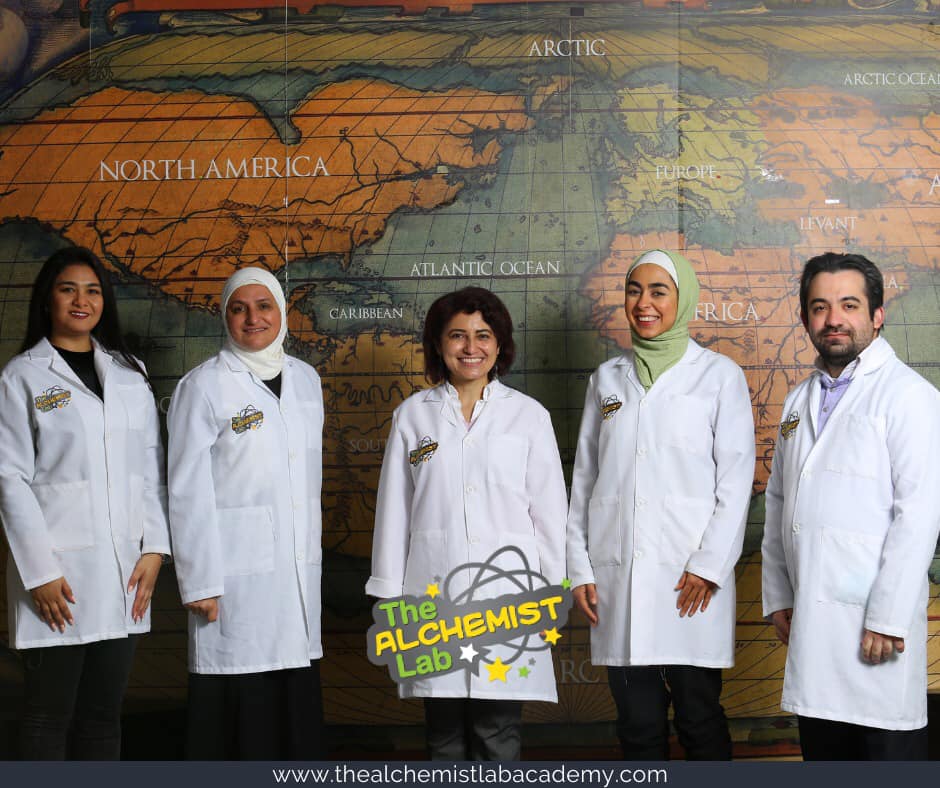
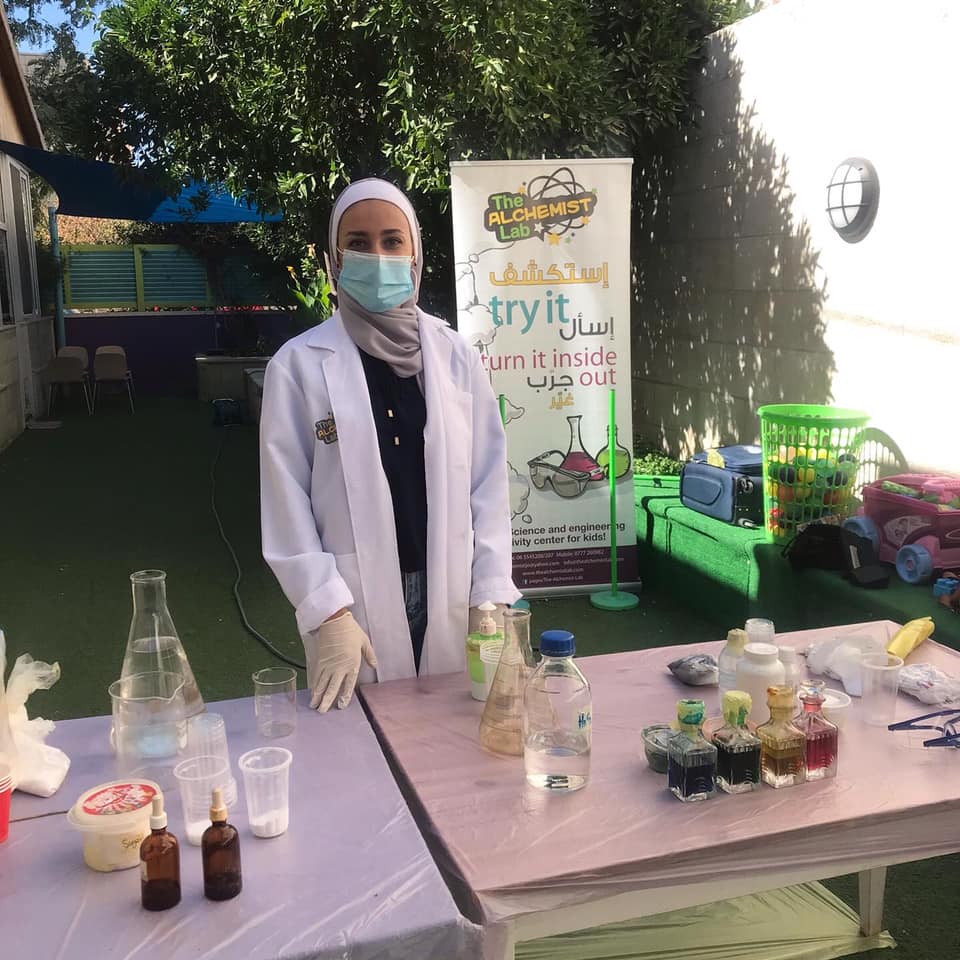
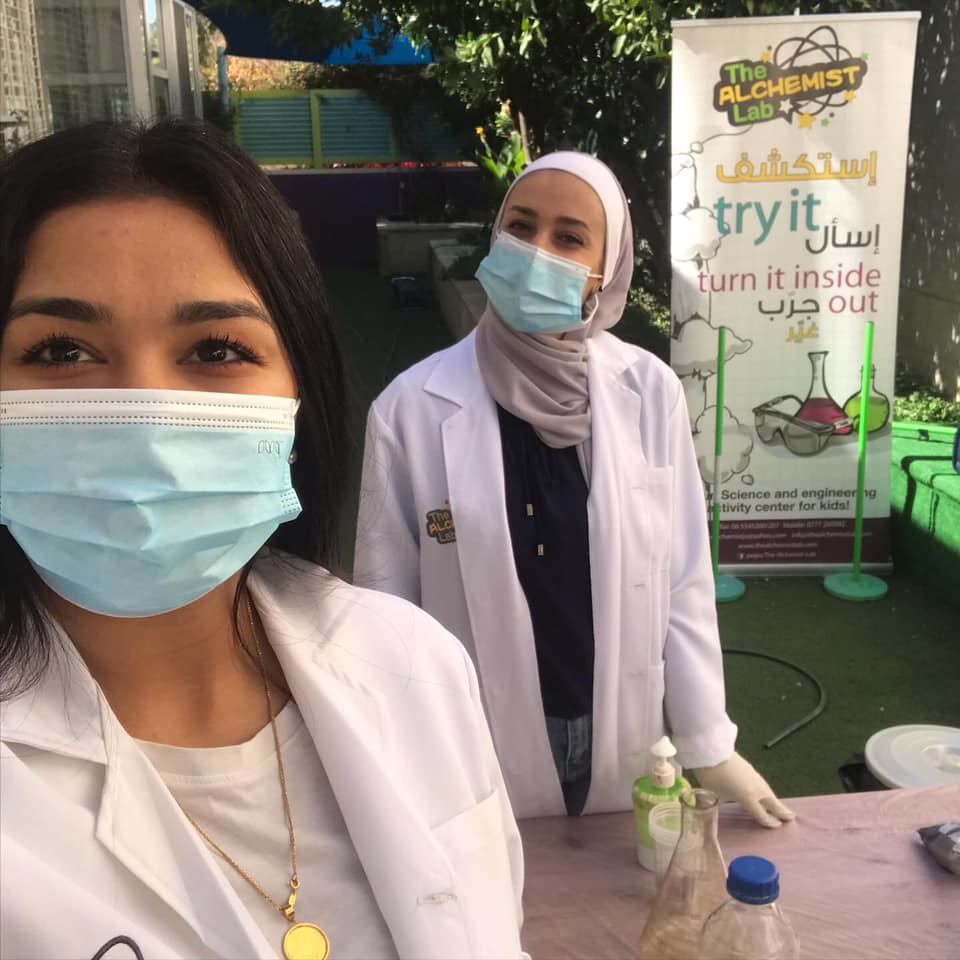
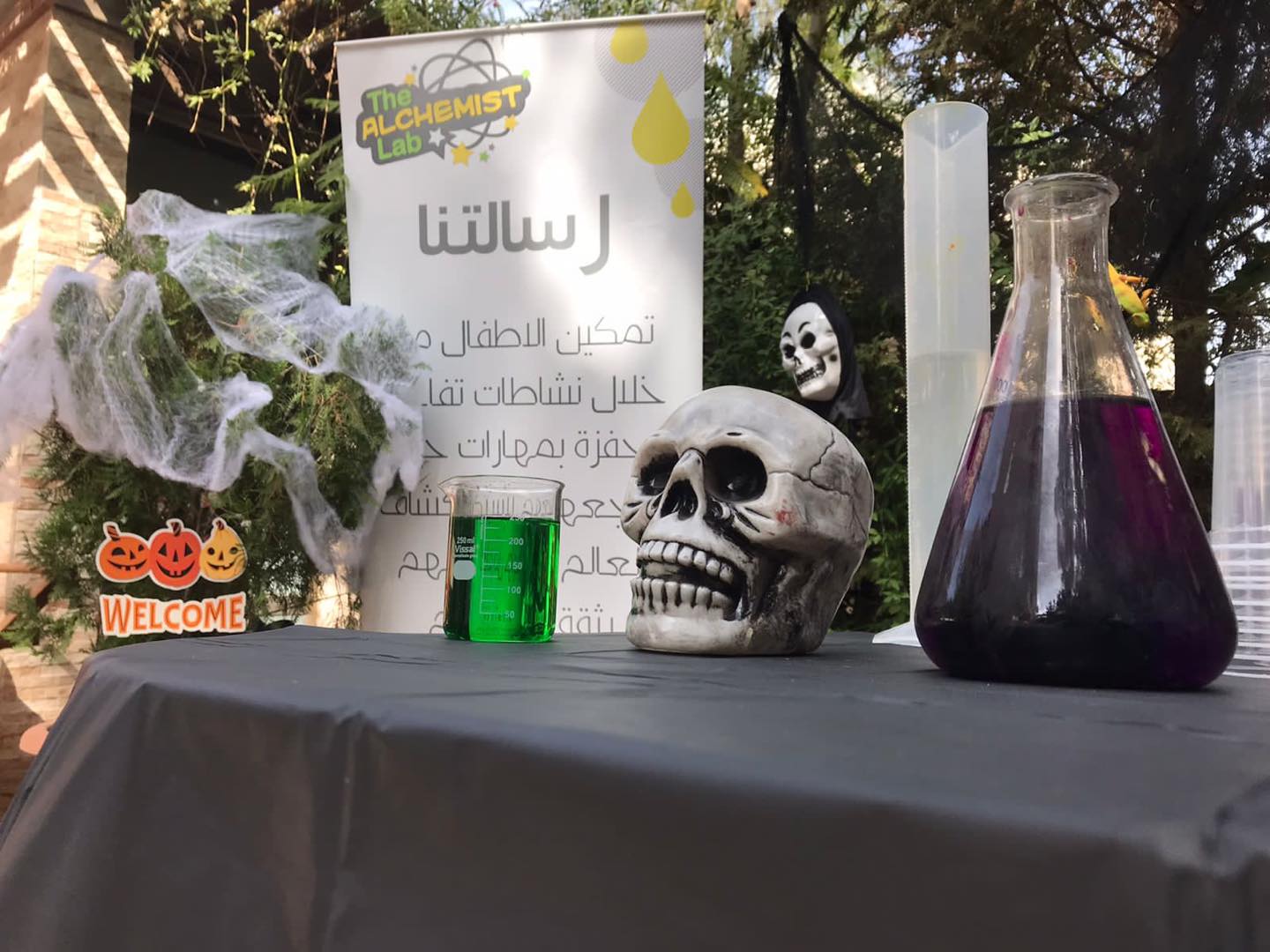
The EBRD has been working in the southern and eastern Mediterranean (SEMED) region since 2011 and to date the Bank invested close €16 billion in 320 projects across all sectors of the economy, in particular in climate action, small business support and infrastructure. In 2021, the Bank made €1.5 billion of new investments of which 72 per cent were in the private sector, while 42 per cent were in the green economy and two thirds of the projects featured a gender inclusion component.
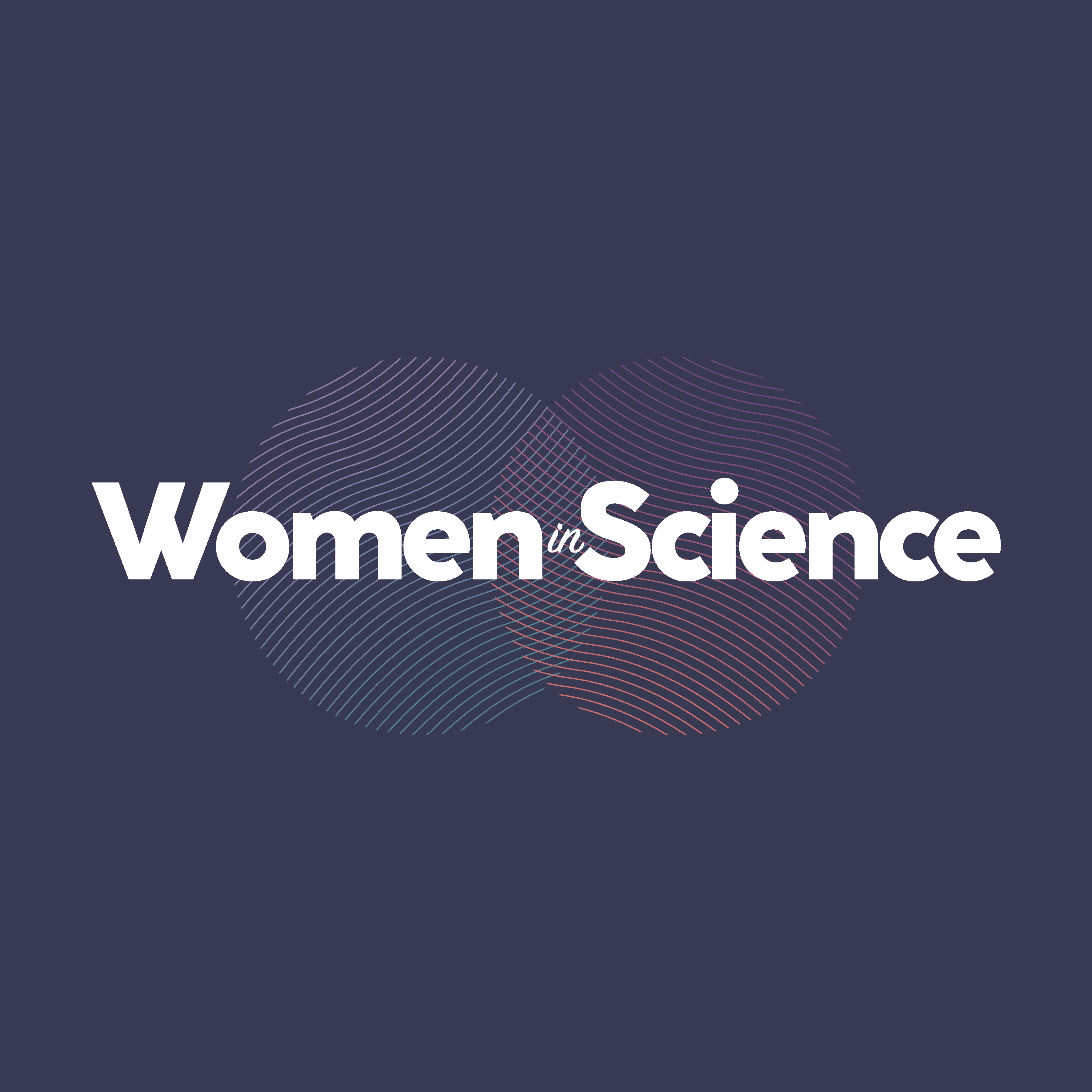



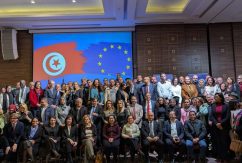

























 Syria
Syria 
